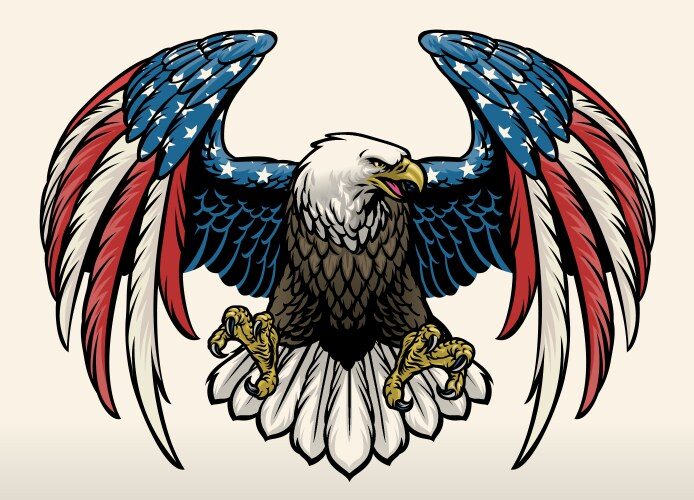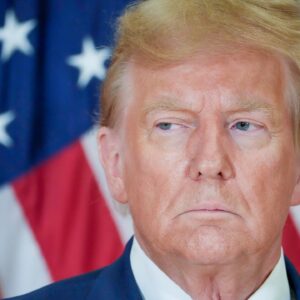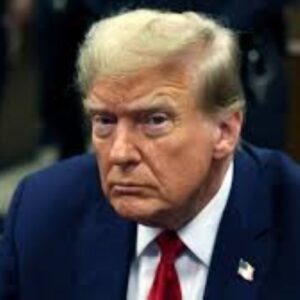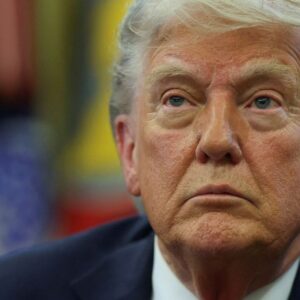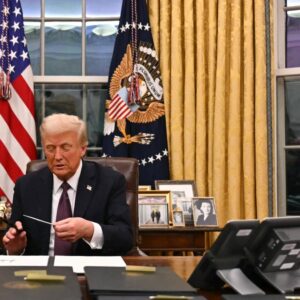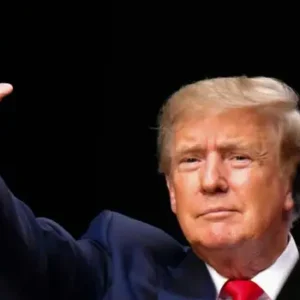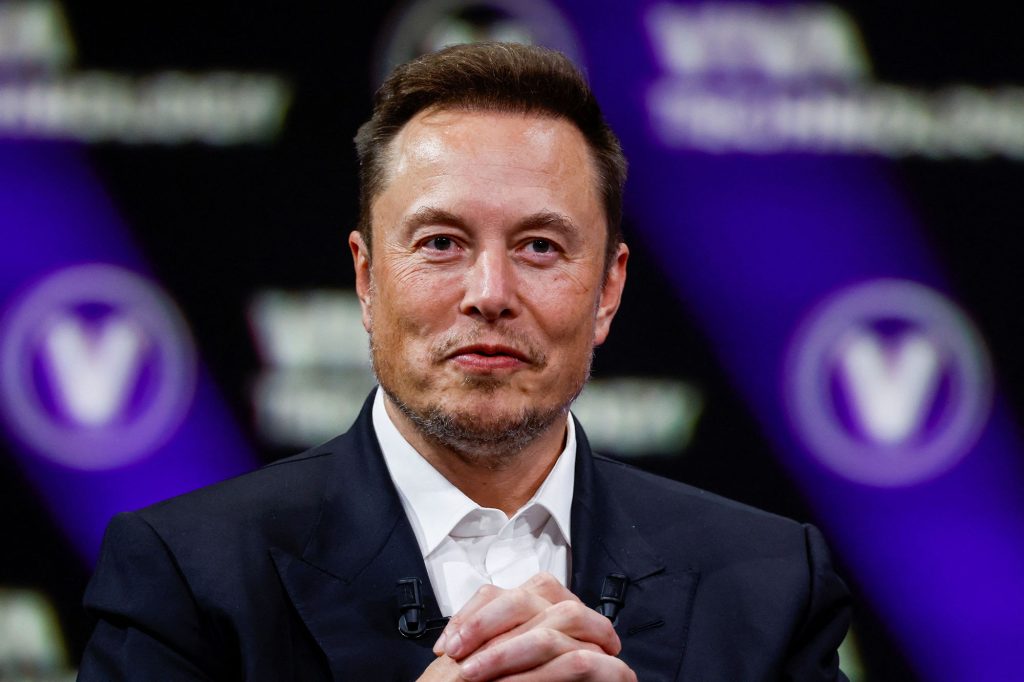
Elon Musk Criticizes Donald Trump’s Tariffs Amid Tesla’s Stock Decline
Elon Musk, the CEO of Tesla, has publicly criticized President Donald Trump’s recent tariffs on foreign-made automobiles, expressing concerns over their potential impact on the electric vehicle (EV) industry and the broader U.S. economy. Musk’s comments come as Tesla’s stock experiences significant volatility, reflecting investor apprehension regarding the economic implications of these trade policies.
Background: The Tariff Announcement
In March 2025, President Trump announced a 25% tariff on all foreign-made automobiles, including electric vehicles. While Tesla manufactures its vehicles domestically in the U.S., the company imports certain components, such as batteries and electrical parts, from abroad. These imported materials are integral to Tesla’s production process, and the new tariffs could increase production costs, potentially affecting the company’s pricing strategy and profit margins.
Musk’s Response to the Tariffs
Elon Musk has been vocal about his opposition to the tariffs. He stated that Tesla is “NOT unscathed here,” acknowledging that the company would be significantly impacted by the new trade policies. Musk emphasized that the tariffs would affect not only Tesla but also other U.S. automakers that rely on imported components for their vehicles. He further criticized the tariffs as a “severe overreaction” that could destabilize markets before potentially leading to a period of economic stability
Investor Reaction and Market Impact
The announcement of the tariffs and Musk’s subsequent comments have contributed to a decline in Tesla’s stock price. Shares of the company fell nearly 6% following the tariff announcement, reflecting investor concerns about the potential long-term effects on Tesla’s profitability and market position. This downturn is part of a broader trend, as Tesla’s stock has experienced a significant decline over the past month, with its share price falling by more than a third.
Political Dynamics and Public Statements
Despite his criticisms, Musk maintains a complex relationship with the Trump administration. He has previously supported certain policies and initiatives championed by President Trump. However, the recent tariff measures have led to public disagreements between Musk and Trump administration officials. Notably, White House trade adviser Peter Navarro dismissed reports of a feud with Musk, despite the Tesla CEO’s public insults and criticisms of Navarro’s policy views.
Conclusion
Elon Musk’s outspoken criticism of President Trump’s tariffs underscores the tensions between business leaders and trade policymakers. As Tesla navigates the challenges posed by these tariffs, the company’s ability to adapt to changing trade policies will be crucial in maintaining its position in the competitive EV market. The unfolding situation highlights the complex interplay between government trade policies, corporate strategies, and investor sentiments in shaping the future of the automotive industry.
